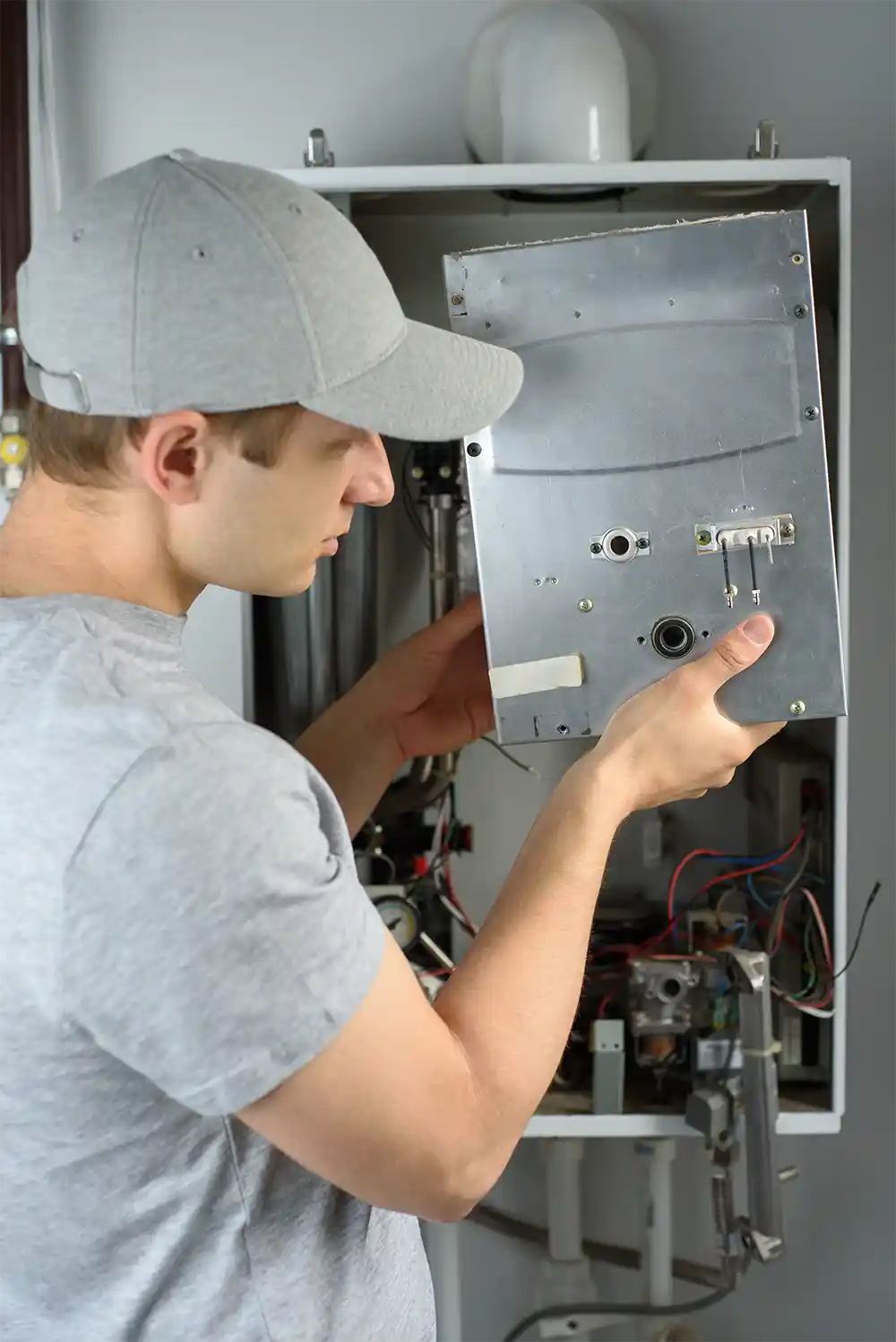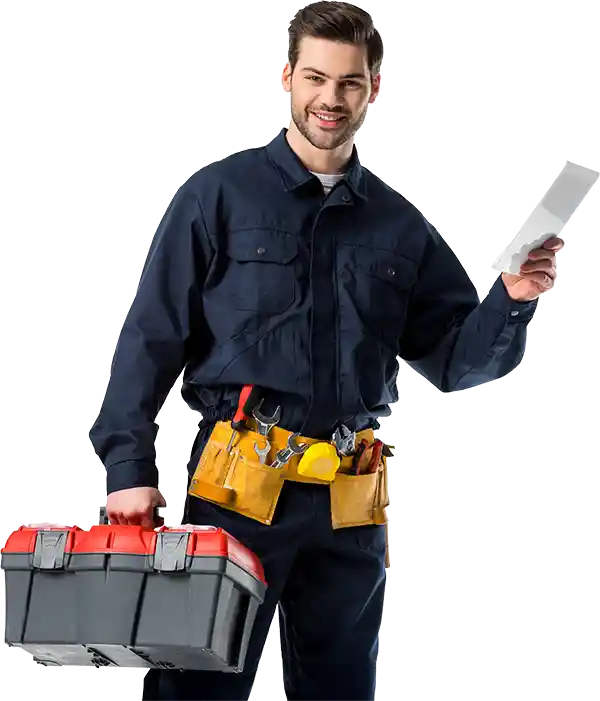Central Heating Repairs For West London Homes
Take the stress out of getting central heating repairs in West London, with the experienced team at West London Gas. Contact us today to get a free quote.
"*" indicates required fields


Comprehensive heating repairs
Quick response central heating repairs
We understand that, if your central heating system breaks down, it can be an absolute nightmare. In summer, it means some hassle getting it repaired. In winter, it can be devastating because it means you might be without heat. That’s why West London Gas operate a 24/7 emergency call out service. If you need breakdown repairs, we’ll try to be with you on the same day to get your heating back up and running as fast as possible.
Quality central heating repairs delivered with speed
We’re fast, but we don’t compromise on quality. The only thing worse than having your central heating break is feeling like you’ve been swindled when it breaks again a few weeks later. That won’t happen with us. We only use high quality parts, whether it’s a pump, a motorised valve, a thermostat, a programmer, or wireless controls like the Google Nest system. All of our engineers get regular training to keep their skills at the peak of the industry. So for central heating repairs you can trust, call us today.
INSTANT Boiler Installation Quote To get an idea of how much it will cost to install a new boiler, just answer a few quick questions...
Heating Repairs
Why choose West London Gas
Our local heating repairs cover West London homes covering Acton, Chiswick, Ealing, Hammersmith, Hanwell, and Kensington.




Frequently Asked Questions
Heating repairs FAQ
What are common signs that my central heating system needs repairs?
Common signs include cold spots on radiators, unusual noises like banging or whistling, a boiler that struggles to maintain temperature, or an increase in heating bills without increased usage. You may also notice water leaks, low water pressure, or frequent system shutdowns. Addressing these issues promptly can prevent more significant damage and ensure your system operates efficiently.
Why is my central heating not reaching the set temperature?
If your central heating isn’t reaching the desired temperature, the issue could be a faulty thermostat, trapped air in the radiators, or problems with the boiler’s pressure. It might also be due to sludge buildup in the system, which can reduce efficiency. Regular maintenance and system flushing can help prevent these issues and keep your home warm.
What should I do if my radiator isn’t heating up?
If your radiator isn’t heating up, try bleeding it to release any trapped air, which can block heat circulation. Ensure that the radiator valve is fully open and check the boiler pressure. If these steps don’t help, there may be a blockage or a more complex issue with the heating system that requires a professional inspection.
Why is my central heating system making strange noises?
Strange noises from your central heating system, such as banging, gurgling, or whistling, can indicate trapped air, low water pressure, or limescale buildup. In boilers, a “kettling” sound could mean overheating due to limescale. Regular system maintenance, including descaling and checking water pressure, can help eliminate these issues and prevent long-term damage.
How can I prevent my central heating system from breaking down?
To avoid breakdowns, schedule annual servicing by a qualified heating engineer. Regularly bleed radiators to remove trapped air, check boiler pressure, and ensure thermostats function properly. Maintaining the system by flushing out sludge and checking for leaks can also improve its efficiency and lifespan. Preventive care is crucial for uninterrupted heating during colder months.
Why does my boiler keep losing pressure?
Boiler pressure loss can be due to a water leak, a faulty pressure relief valve, or air in the system. If you notice frequent pressure drops, inspect the system for visible leaks or use a professional to check internal components. Repressurising the boiler can temporarily solve the issue, but consistent pressure loss requires expert diagnosis to prevent further damage.



